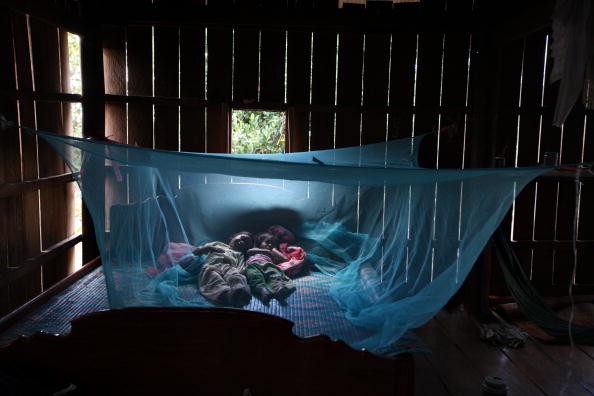
Drug-resistant malaria may be the next global health crisis. Strains of malaria that are resistant to the drugs currently being used have been found in Myanmar and along the Mekong River in Southeast Asia.
However, if health authorities act quickly, the spread of the disease could be stopped before it reaches more populous areas. Myanmar (also called Burma) is located south of the Himalayas and between India and China, which have enormous populations. Signs of drug resistance in malaria have also been confirmed in Thailand, Laos, and Vietnam, according to the World Health Organization.
"We need to act fast to avoid a big catastrophe," Pascal Ringwald of the WHO's Global Malaria Program said in an interview with Reuters. "The consequences could be disastrous."
Malaria has been treated very effectively in recent years with a three-day course of a combination of drugs based on artemisinin, a derivative of an herb. Because of artemisinin combination therapy and the use of bed nets treated with insecticide, the global death rate of malaria has dropped by 47% since 2000. Most deaths due to malaria occur in central and southern Africa, according to WHO.
Sixty percent of the people of Myanmar live in areas where malaria is endemic. The country was until recently in a long civil war, which added to the difficulty of delivering proper healthcare and antimalaria treatments to rural areas.
Resistant strains of malaria have evolved and spread in Asia and then to Africa, causing millions of deaths. Another round of resistant strains could wipe out all the gains made against malaria because there are no alternatives to drugs based on artemisinin available as yet.
Malaria is an infectious disease caused by protozoa that are carried by mosquitoes. Symptoms include fever, tiredness, vomiting and headaches that usually start about 10 to 15 days after being bitten by a mosquito carrying the disease. In severe cases, malaria can cause seizures, coma, and death.



